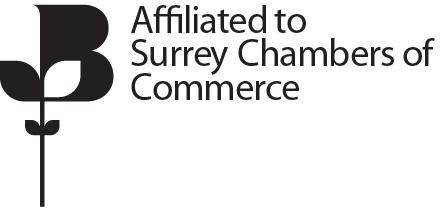Haslemere & District
Chamber of Trade & Commerce
Supporting local businesses in and around Haslemere
The Chamber is dedicated to driving economic growth in and around Haslemere by supporting its members through an expanding range of activities helping business to grow & thrive
Knowledge-sharing and networking events
Join and meet like-minded people and learn from each other.
Liaison with local authorities and interest groups
Have your say and take part in local business related matters.
Publicity and Promotional Opportunities
We can help to spread the word about your business through our network.
Supporting community events & raising money for local charities
Contributing to events and charities that benefit the local community.
About Our Town
Haslemere in Surrey
Nestled in the rolling hills of south west Surrey, Haslemere is a thriving market town with a population of just over 17,000 residents.
Sitting at the edge of the South Downs National Park and the Surrey Hills AONB, Haslemere is renowned for its scenic beauty, rich heritage and strong community spirit. Haslemere sits at the centre of a 78 square mile district which also encompasses the surrounding villages of Northchapel, Liphook, Fernhurst, Headley Down, Grayshott, Hindhead, Churt, Thursley, Wormley & Chiddingfold.
We pride ourselves on a diverse & independent business community representing a range of sectors from retail & hospitality to professional & technical services.
Well-connected by rail & road, Haslemere offers a peaceful rural lifestyle while providing easy access to London & nearby airports of Heathrow & Gatwick.
It's a great place to live and to do business in.





